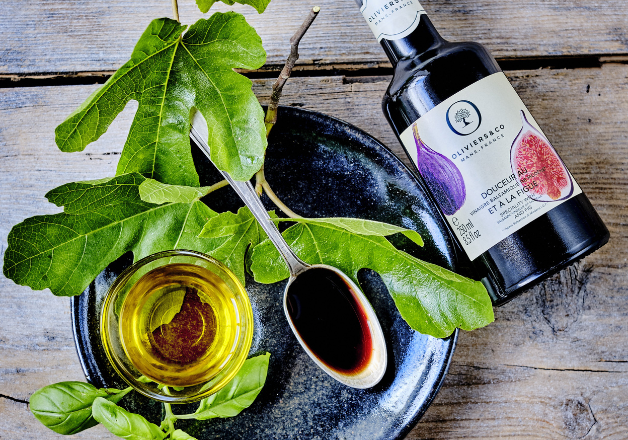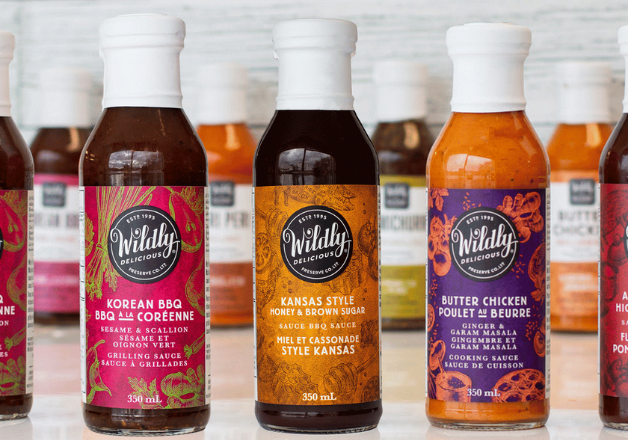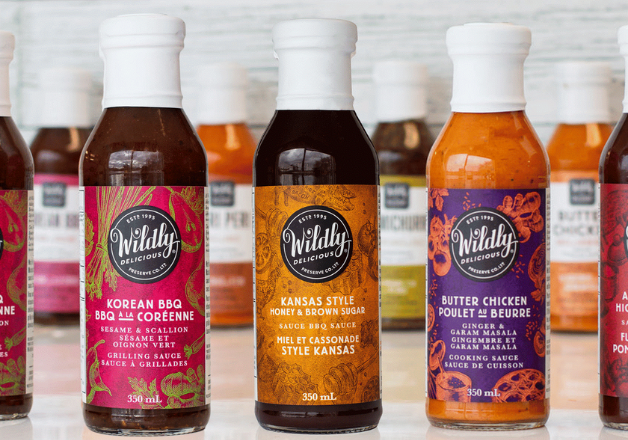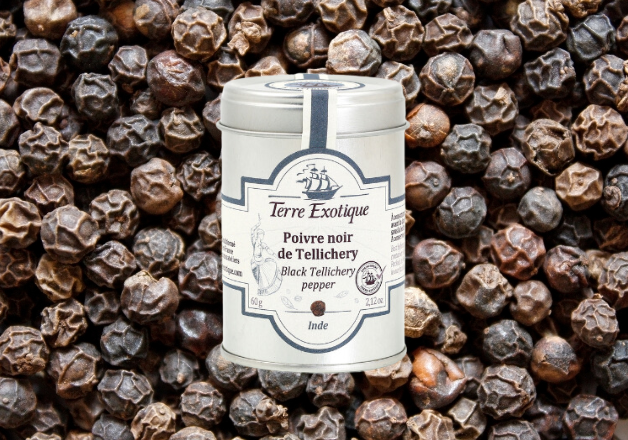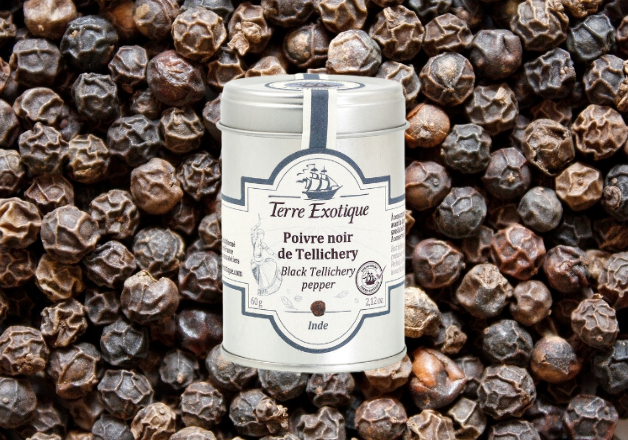

An oil characterized by its bright yellow color, discover all there is to know about canola oil in this article, and whether it is classified as a vegetable oil.
What is Canola Oil
You may have thought that the color of canola oil bears a remarkable resemblance to the yellow of a rapeseed plant. You would be right, for canola is a plant that was created by scientists in Canada to replicate the rapeseed plant just without the harmful toxins, called erucic acid and glucosinolates, that makes rapeseed poisonous to eat. This means that the majority of the canola plants you will see have in fact been genetically modified and aren’t naturally growing plants.
Is Canola Oil a Vegetable Oil?
Well, the answer is yes, canola oil does indeed belong to the vegetable oil family. Vegetable Oil is a very generic term for any oil that has come from a plant, examples of this are sunflower, corn oil and more.
Canola oil is processed with canola seeds and its main uses usually revolve around cooking. It is quite low in fat and rich in omega-3 and omega-6 fatty acids. Canola Oil can be heated to a very high temperature, but due to it being high in omega-3 fatty acids it quickly becomes rancid and gives off a bad smell.
Is Canola Oil the only Vegetable Oil?
So, whilst canola oil is indeed a vegetable oil, you won't necessarily be getting canola oil when you buy a vegetable oil from the supermarket, it could be a blend of multiple different oils, find out more about the vegetable oils list here.
Health Benefits of Canola oil
Generally, canola oil is regarded as a healthy oil due to its incredibly low saturated fat content, with most canola oil containing less than 10% of saturated fats and the rest being made up of monosaturated fats and polysaturated fats. Much like in Extra Virgin Olive Oil a higher level of monosaturated fats is a good thing for our bodies, however canola, unlike EVOO, also contains around 30% of polysaturated fats.
These polysaturated fats are made up from high levels of Omega-6 fatty acids as well as Omega-3 fatty acids. Omega-3 fatty acids are said to carry some health benefits for both heart and brain. However, be warned that when cooking canola oil, you run the risk of losing all these different nutrients.
Are There any Disadvantages of Using Canola Oil?
Earlier we mentioned how it contains high levels of Omega-6 fatty acids, and although Omega-6 and Omega-3 are necessary for different health reasons, there is a downside. The downside is that in most western diets there is a complete imbalance between the two Omega’s, due to there often being a lot higher content of omega-6 in refined foods, as opposed to the Omega-3 acids that are found in natural foods. A healthy diet would contain a 1:1 ratio of Omega-6 to Omega-3, however studies have shown that the average intake of omega-6 to Omega-3 in our diets is 15:1. This imbalance can be linked to various diseases such as Alzheimer's and heart disease. Although canola oil itself won’t be harmful, and will have a small disproportion of omega-6 to omega-3 acids, you should make an effort to use much more natural foods alongside it.
It must also be noted that canola oil is a refined oil, and this means that during its production it has undergone various processing methods that will have involved heat and chemicals, neither of which are particularly good for us. Using heat to extract oil from the canola plant means that you are removing a large proportion of the health benefits such as antioxidants or fatty acids, making the oil less beneficial as a final product. This differs to an extra virgin oil, for EVOO is extracted using cold pressing meaning all its benefits remain in the oil, read more about this here. There are canola oils that exist that have been made through cold-pressing but most of those on the market will be refined.
How Can You use Canola Oil?
- Cooking oil for sauteing, frying, grilling
- Coat Pans
- Instead of solid fats
Should You Use Canola Oil?
Although canola oil has been linked to maybe having some health benefits, there are also studies proving that it can have negative implications on memory loss and heart health. It is a debate that is ongoing, and there seem to be different answers everywhere, personally we would always suggest opting for an Extra Virgin Olive oil, because at least with those there's no uncertainty!
Learn more: Is Olive Oil a vegetable Oil?
Sources:

















